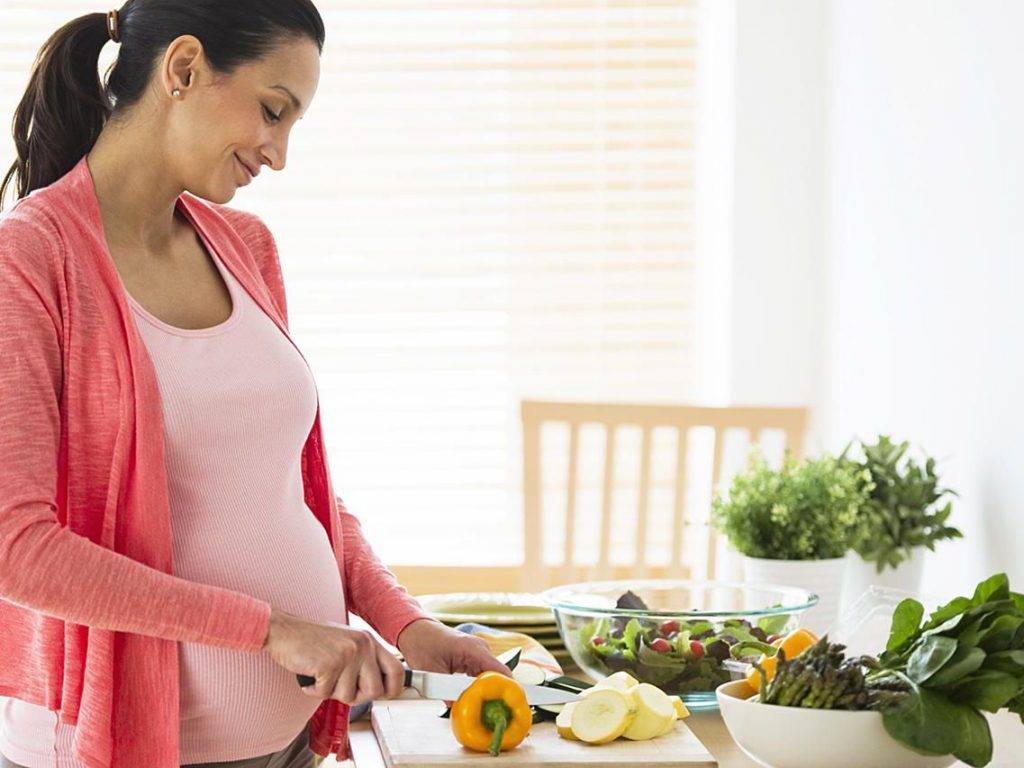Pregnancy Gestational Diabetes Diet
Online health diet calculator, which helps women to calculate the BMI, IBW, ABW, BMR, Weight Gain, Calories needed during the pregnancy period.

BMI= Body Mass Index
IBW= Ideal Body Weight
ABW= Adjusted Body Weight
BMR=The basal metabolic rate ( is the amount of energy that is expended at rest in a neutral environment after the digestive system has been inactive for about 12 hours)
As if expectant parents don’t have enough to worry about, add a type of diabetes that seems to be tailor-made for pregnancy. But if you’ve been diagnosed with gestational diabetes, take heart. Diabetes during pregnancy is very manageable — often without medication. For general food during diagnosed with gestational diabetes you can get a list here.
What is gestational diabetes?
Gestational diabetes is a type of diabetes that occurs during pregnancy. It usually develops when you are 24 to 32 weeks pregnant and disappears after delivery. But it’s possible to develop gestational diabetes before or after this time frame.
Having gestational diabetes also increases your risk of having it again during future pregnancies.
Who is at risk?
Anyone can develop gestational diabetes during pregnancy, but these factors increase your risk:
Age (older than 25).
Family history of gestational diabetes.
Heart disease or high blood pressure.
Inactivity.
Obesity.
Having polycystic ovary syndrome (PCOS).
Previously birthing a baby that weighed nine pounds or more.
Presence of gestational diabetes in past pregnancies.
Race (being Asian American, Native American, Black or Hispanic).
How to manage gestational diabetes with a healthy diet
Consider a gestational diabetes diet plan your secret weapon to help prevent pregnancy and delivery complications. Even if you need diabetes medication, it’s still vital to follow a gestational diabetes diet.
Help keep blood sugar levels in check with a well-balanced diet. It should include lean sources of protein, plenty of non-starchy vegetables and correctly portioned complex carbohydrates.
Gestational diabetes food list
Here’s a list of the best foods to eat on a gestational diabetes diet:
Lean proteins
These include:
Chicken.
Eggs.
Fish.
Low-fat dairy.
Turkey.
“It’s especially important to eat proteins at breakfast for more stable hunger levels throughout the day. Proteins can even help lessen morning sickness.”
Non-starchy vegetables
These provide important vitamins, minerals and fibre, and you can consider them ‘freebie’ foods as they are very low in carbs,” These include:
Broccoli.
Cucumbers.
Green beans.
Onions.
Peppers.
Salad greens.
Healthy fats
Healthy fats help you feel full and are beneficial for heart health. They include:
Avocado.
Nuts.
Olive oil.
Seeds.
Nut butter (almond, peanut, cashew, etc.).
Complex carbohydrates
We need carbs for energy, fibre and certain nutrients. Complex carbohydrates include:
Beans.
Berries.
Brown rice.
Greek yoghurt.
Sweet potatoes.
Whole-wheat bread.
Foods to avoid if you have gestational diabetes
If you are eating a gestational diabetes diet, avoid these foods:
Sugary beverages.
Simple carbohydrates such as breakfast cereals and processed foods or snacks.
Five tips to start eating better with gestational diabetes
Bissell recommends trying these five tips to get on the road to eating healthier:
Plan ahead: Think about your upcoming week and jot down a simple meal plan and grocery list to prevent last-minute food decisions because they usually result in less healthy choices.
Chop, chop: Pre-portion or chop up fruits and vegetables when you get home from the store to make them easier to grab when you need a snack.
Buy frozen: Stock your freezer with frozen vegetables. Even if the fresh veggies you picked out for the week go bad, you always have options.
Drink up: Carry a water bottle with you (and drink it throughout the day) to stay hydrated.
Balance your meals: Eat protein and vegetables with each meal and snack. Aim for three meals a day with snacks in between as needed.
Other ways to keep you and your baby healthy with gestational diabetes
Keeping your doctor in the know as your pregnancy progresses. “Continue with your scheduled appointments. Since your pregnancy is considered high risk if you have gestational diabetes, your obstetrician may also have you see a high-risk specialist for the remainder of your pregnancy”
Managing gestational diabetes is ultimately a team sport — and you are the quarterback. “Self-monitoring blood glucose levels at home is important for a healthy pregnancy and baby,”
Here’s how to do it:
Monitor your sugar four times a day. After fasting (or when you wake up before breakfast) and one to two hours after each meal.
Keep a written log of your blood sugar levels. Send it to your doctor every one to two weeks or as they recommend.















